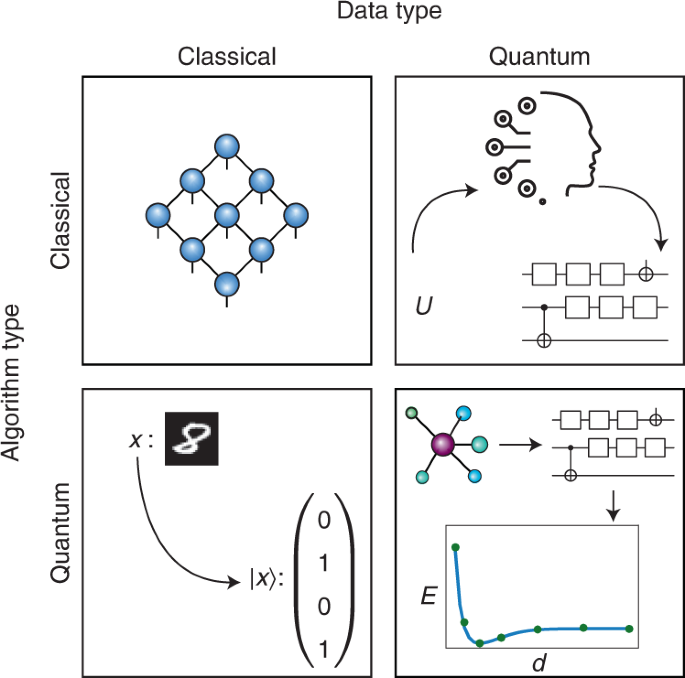Quantum-Boosted Deep Learning Achieves Breakthrough in Complex Data Analysis

Quantum and Classical Synergy: A Landmark Moment in AI Research
A major breakthrough has been achieved with the development of QBM-VAE, a quantum-boosted hybrid architecture that significantly improves the accuracy and efficiency of sampling high-dimensional, complex biological datasets. Announced in a peer-reviewed study published on August 15, 2025, this achievement marks a key step in combining quantum computing's raw power with deep learning’s adaptability, opening up new frontiers for scientific computing and healthcare research[3].
How QBM-VAE Works: Integrating Quantum and Neural Networks
Unlike traditional deep learning models, QBM-VAE incorporates a quantum Boltzmann machine (QBM) as a prior within a variational autoencoder (VAE). This quantum-classical approach enables the system to model and sample from non-Gaussian, highly-structured data distributions—a challenge that has long limited the potential of AI in fields like biology, chemistry, and materials science. Early tests show unprecedented accuracy in classifying and integrating large, irregular biological datasets, outperforming classical neural networks on benchmarks involving high-dimensional, noisy data[3].
Real-World Impact: Scientific and Healthcare Applications
This innovation has wide-ranging implications:
- Accelerated drug discovery: By rapidly integrating irregular biological data, QBM-VAE is poised to speed up biomarker identification and new molecule searches.
- Improved disease modeling: Enhanced accuracy in detecting subtle patterns may enable earlier screening for rare or complex diseases.
- Material science and chemistry: The ability to process and correlate massive experimental datasets stands to unlock discoveries in quantum materials and tailored compounds, as noted by recent peer commentary[3].
Expert Perspectives and Future Prospects
Experts highlight that QBM-VAE not only boosts performance, but also improves explainability—user-centered design and systematic explainability frameworks are integral to the system. While the current implementation relies on accessible quantum chips, researchers expect further gains as quantum hardware matures. Some predict that such hybrid models will rapidly move from lab demos to industrial-scale deployments, transforming data-heavy domains and redefining the benchmarks for trustworthy, high-impact AI research[3].
How Communities View Quantum-Boosted Deep Learning Breakthrough
The announcement of QBM-VAE has sparked considerable debate and enthusiasm across social platforms, particularly on X/Twitter and r/MachineLearning. The main debate centers on whether this hybrid quantum-classical approach signals a genuine new era for complex data analysis, or if its practical impacts are still years away.
-
Quantum Optimists (about 40%)
- Users like @quantum_maniac and @DeepLearnAI hail the project as “the most exciting hybrid model yet,” emphasizing the architecture’s superior performance on real biological datasets.
- Many researchers highlight the novelty: "Actual non-Gaussian modeling in real-world data! Big leap for genomics," posted by r/MachineLearning regular u/BioMLDave.
-
Skeptical Realists (about 35%)
- Experts such as @mltheoryvoice and @classicalAI stress that true quantum supremacy is still limited by current hardware. Frequent comments include: "Impressive in benchmarks, but let’s see scalable clinical or materials impact first."
- Debates emerge around the challenges of reproducibility and the gap between lab-scale demos and scalable enterprise use.
-
Explainability Advocates (about 15%)
- Posts on r/ExplainableAI and by figures like @AIethicsnow praise the focus on making the system’s decisions transparent and actionable, arguing that "quantum doesn’t have to mean opaque black box anymore."
-
Industry Watchers (about 10%)
- Venture capital and tech industry observers (e.g., @VCinAI, @techwatch2025) compare the breakthrough’s hype to previous paradigm shifts, urging caution but noting "clear, measurable progress" and a surge in pitches referencing quantum-boosted learning.
Overall, sentiment is cautiously optimistic: most stakeholders agree that QBM-VAE is a watershed technical achievement, with experts and industry figures alike looking toward rapid evolution as quantum hardware scales.